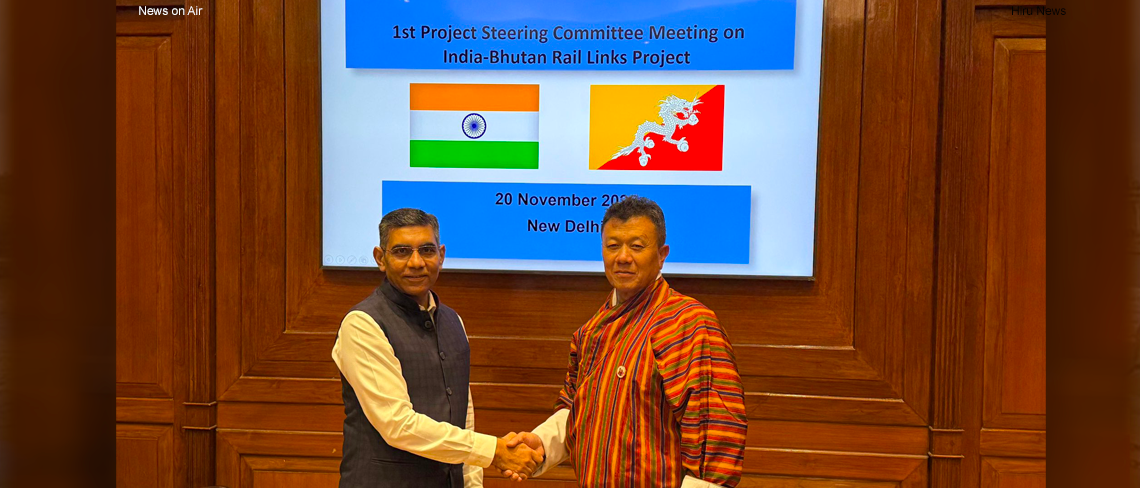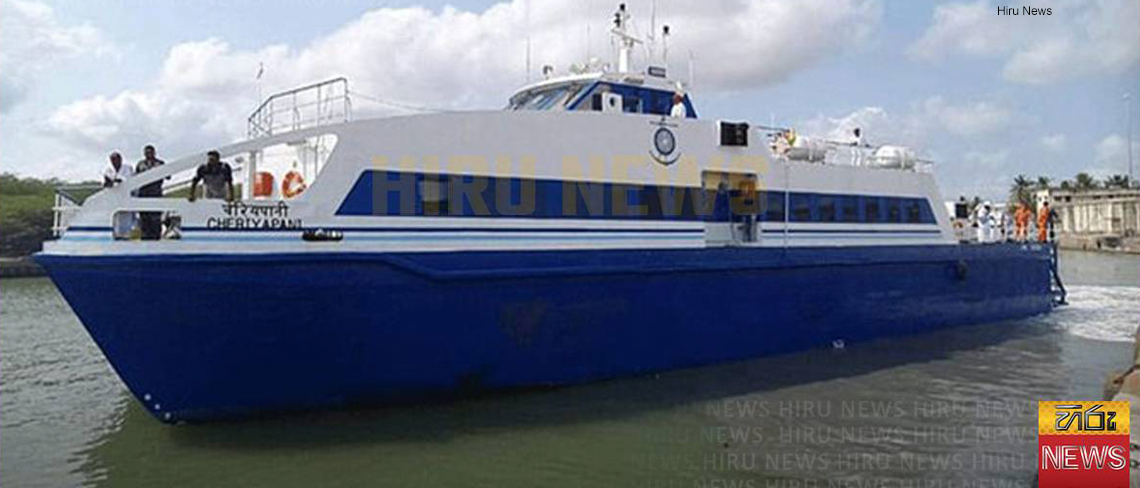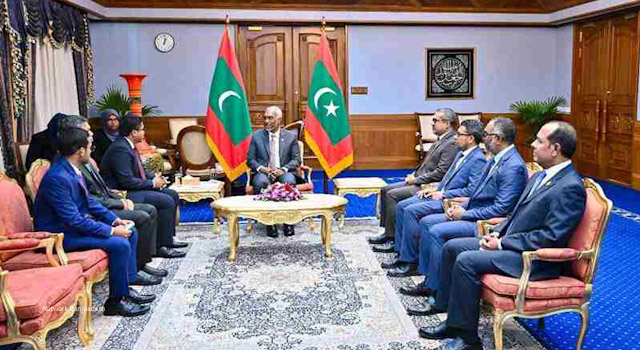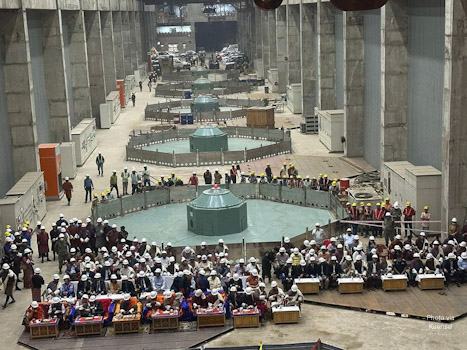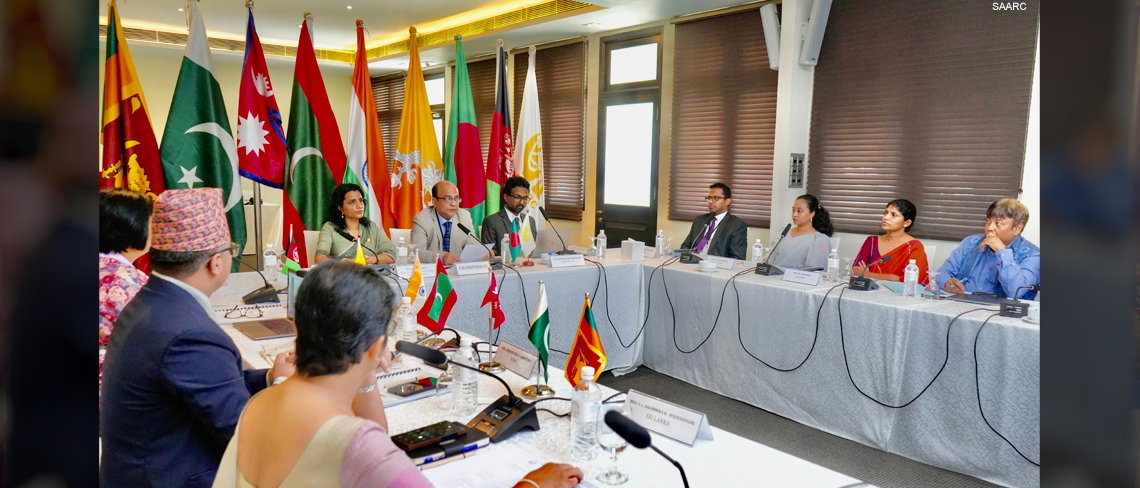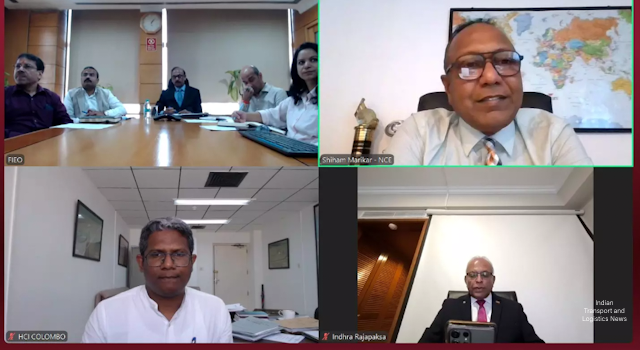
Commentary: More Power to You
9 July 2022
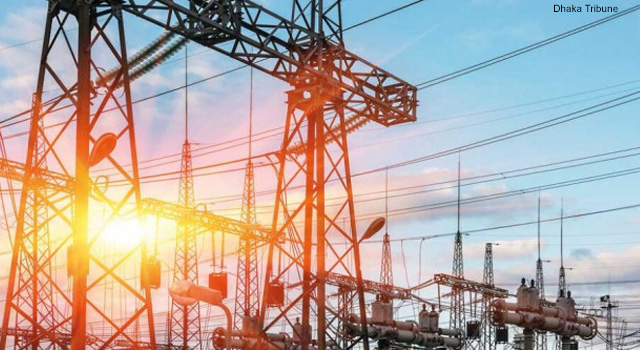
Regional forums such as South Asia Forum for Infrastructure Regulation, South Asian Association for Regional Cooperation, Bay of Bengal Initiative for Multi-Sectoral Technical and Economic Cooperation, and South Asia Subregional Economic Cooperation bring together stakeholders and more local or regional institutions are needed to gain optimal benefit from regional cooperation. This commentary appears on the Dhaka Tribune.
By Syed Samiul Basher Anik
Be it for residential or commercial use, the demand for electricity is growing, with an annual growth rate of 6% in the South Asian region. While cross-border electricity trade is important globally for countries with higher electricity demand, it is equally crucial for this particular region where millions still have no access to electricity.
Cross-border electricity trade or CBET refers to the trading of electricity between countries sharing a common border through an interconnected power line, which may involve more than two countries, and constitute a power pool that involves export or import of electric energy between different countries.
CBET, when utilized optimally, can help electricity generating resources work efficiently along with enhanced grid security, and diversifying trade based on peak demand and seasonal variations. It minimizes the generation costs for importing countries by enabling them to bring electricity from a cheaper source, which not only ensures access to reliable and affordable electricity, but also helps reduce environmental and climate change impacts for the importing country as well.
Countries in the South Asian region in principle agree that such trade is beneficial for all, but fostering such trade depends on the political will, and this is where the role of regional institutions is crucial.
As per a 2020 presentation titled "Cross Border Electricity Trade in SAARC Region: Current Status & Future Outlook" presented by the USAID's South Asia Regional Initiative for Energy Integration (SARI/EI) program, four countries in the region—India, Bangladesh, Nepal, and Bhutan—traded 1,400 megawatts of electricity in 2012. This figure jumped to 3,760 megawatts in 2020, and the trade is increasing each year, and will continue to increase in the future.
According to the estimate by India's energy think tank IRADe (Integrated Research for Action Development), CBET will be able to transfer 100 billion units of power by 2030. But to make this happen, a favorable atmosphere is needed to enhance and foster CBET so that the process becomes effective and sustainable.
Of course, the government or policymakers are there to decide how to proceed on CBET, but it is the area where regional level institutions can help policymakers to gain their policy and political will so that they can go ahead with different plans.
These institutions can address the issue of integration along with issues of transmission and generation, seasonal dynamic change in demand and supply, and can generate data that could help policymakers decide on something that can ultimately promote sustainable trade. Using the same platform and through peer learning, these institutions can share policy solutions and best practices to the participating countries.
There are already regional forums such as the South Asia Forum for Infrastructure Regulation (SAFIR), South Asian Association for Regional Cooperation (SAARC), Bay of Bengal Initiative for Multi-Sectoral Technical and Economic Cooperation (BIMSTEC), and the South Asia Subregional Economic Cooperation (SASEC), but more local or regional institutions are needed to bring all regulatory stakeholders—such as regulatory bodies, academic, research institutes, corporates, and utility service providers—on the same platform to gain optimal benefit from these arrangements.
These institutions, on a platform, can contribute to the future development of a more robust regional energy market bolstering the potential of cross-border energy trade in the region, along with promoting growth of renewable energy.
More regional forums or formation of regional level institutions mean more drive towards creating a favorable atmosphere to enhance or foster CBET on various levels of trade that may harmonize the policy decisions, standards, and transmission planning in South Asia. There are discussions among key stakeholders in the region on the creation of a forum of system operators and transmission utilities to facilitate knowledge sharing, development of common operating procedures, and joint planning.
Regular dialogues can help share best practices and knowledge between different countries so that they can work on greater access to low-cost generation sources and can ensure a sustainable CBET process in South Asia.
They can offer all required data on technical, operational, regulatory, legal, and commercial mechanisms on single platforms, making it easy for policymakers to have a sense of what is more beneficial and what is not. These forums can bring financiers, regulators, and policymakers together to discuss and resolve issues and convince governments on what needs to be done through their suggested frameworks, too.
Introduction of more regional forums or regional level institutions with exclusive focus on CBET can help countries jointly identify barriers and explore opportunities. A sustainable CBET will help meet growing electricity demand of different countries. Alongside, it will leverage into other important factors including promotion of efficient power trading and sustainable energy security of this particular region.




